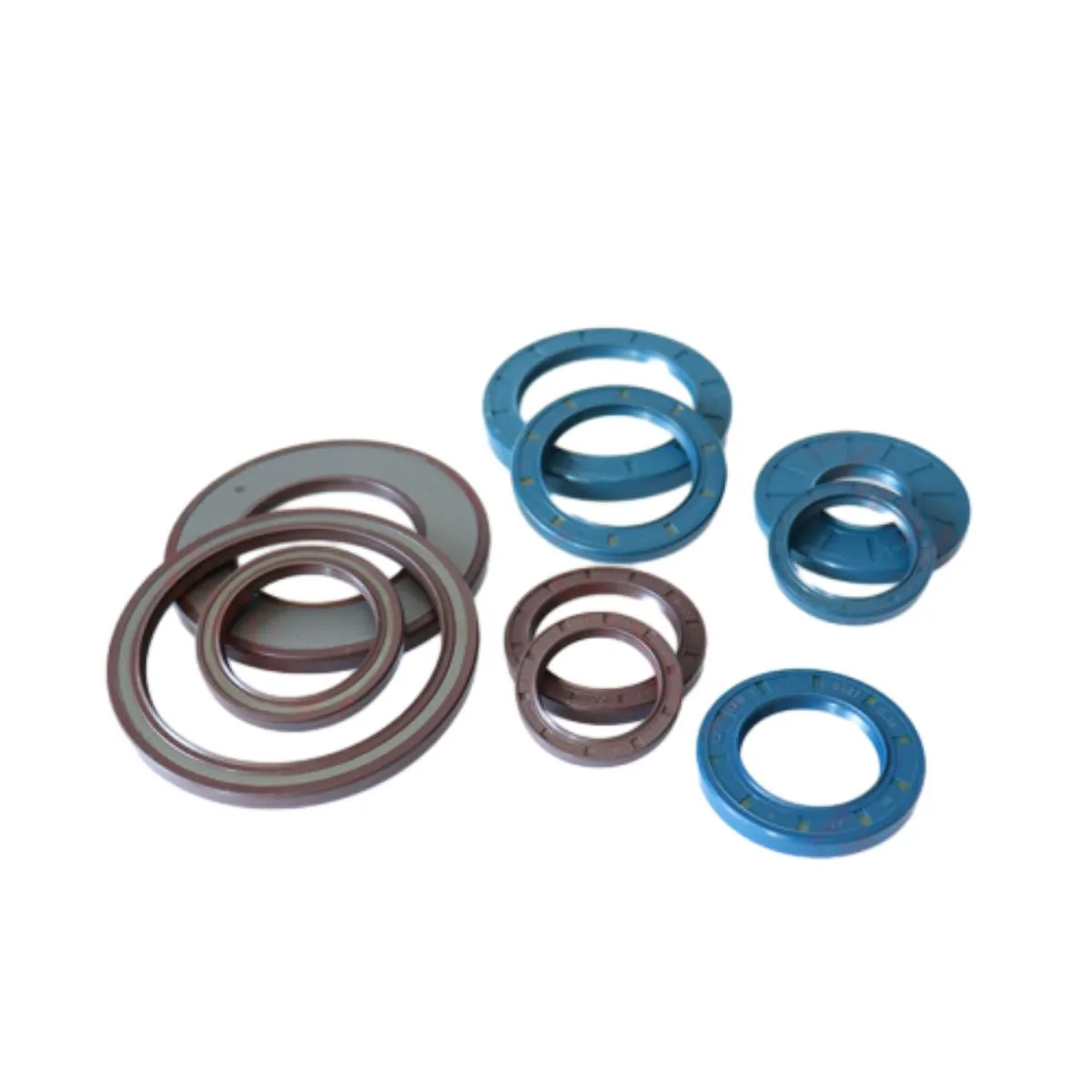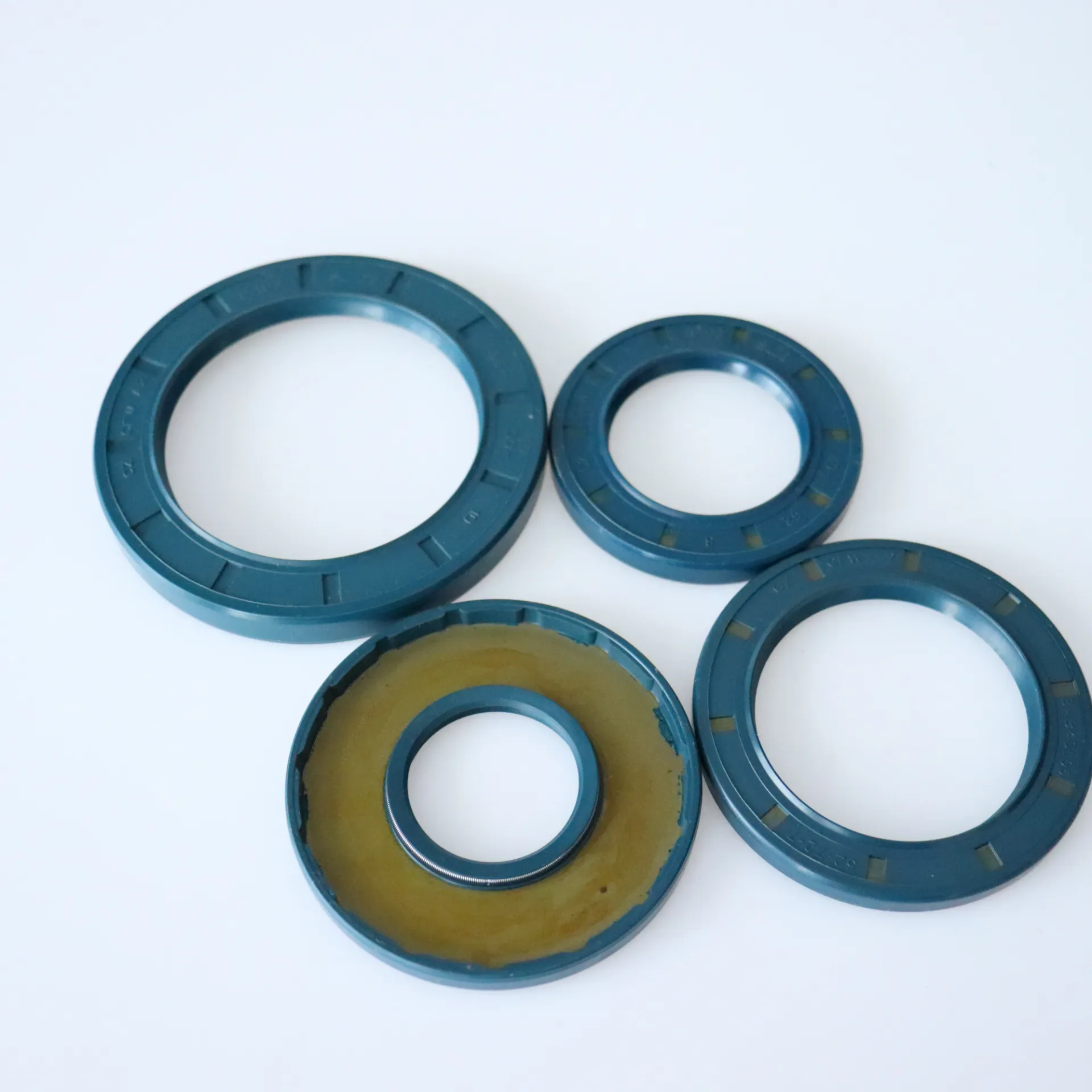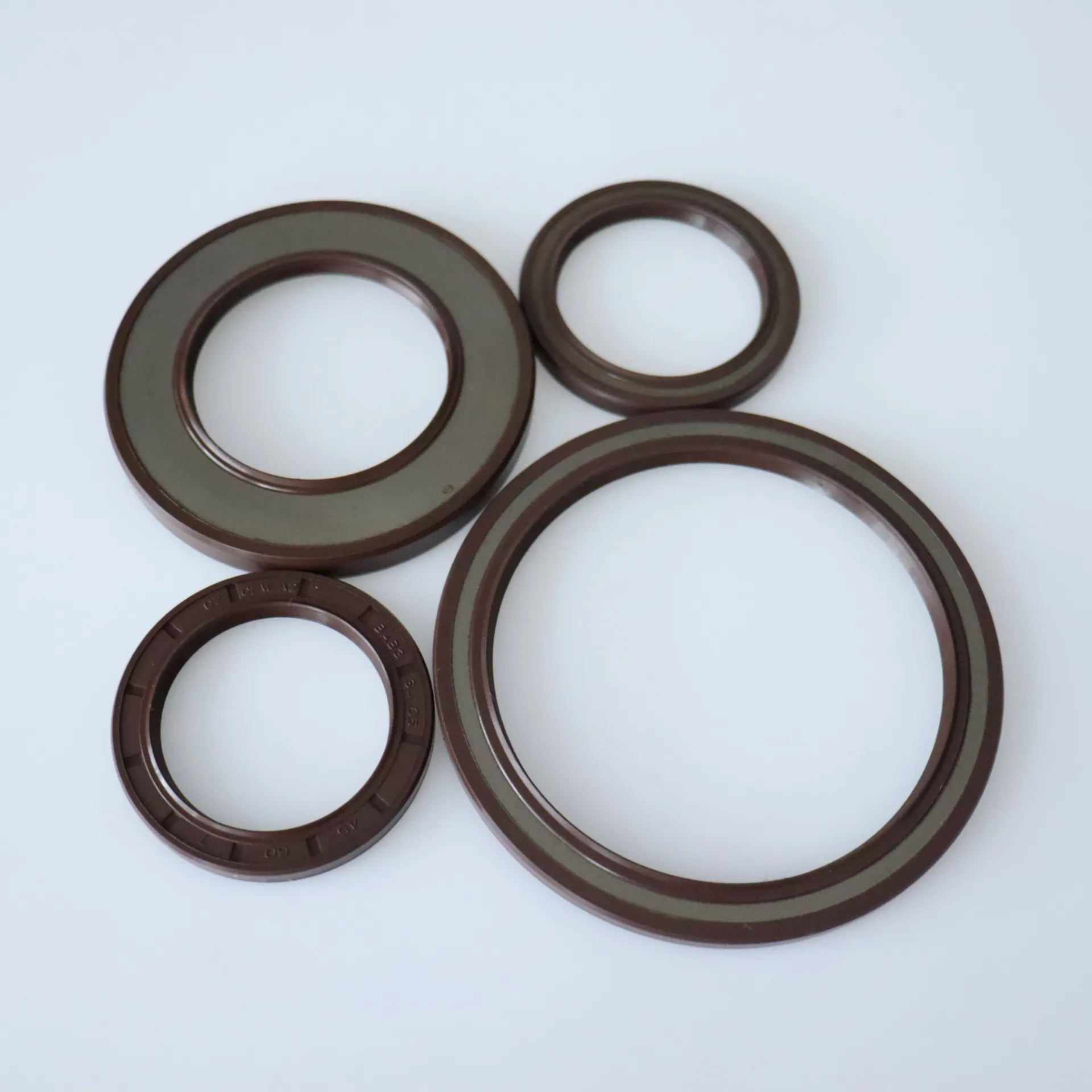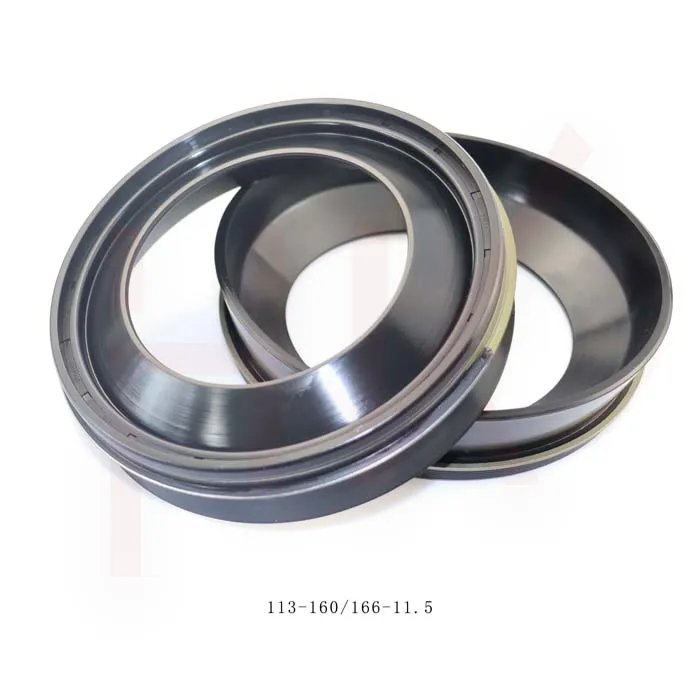- Afrikaans
- Albanian
- Amharic
- Arabic
- Armenian
- Azerbaijani
- Basque
- Belarusian
- Bengali
- Bosnian
- Bulgarian
- Catalan
- Cebuano
- Corsican
- Croatian
- Czech
- Danish
- Dutch
- English
- Esperanto
- Estonian
- Finnish
- French
- Frisian
- Galician
- Georgian
- German
- Greek
- Gujarati
- Haitian Creole
- hausa
- hawaiian
- Hebrew
- Hindi
- Miao
- Hungarian
- Icelandic
- igbo
- Indonesian
- irish
- Italian
- Japanese
- Javanese
- Kannada
- kazakh
- Khmer
- Rwandese
- Korean
- Kurdish
- Kyrgyz
- Lao
- Latin
- Latvian
- Lithuanian
- Luxembourgish
- Macedonian
- Malgashi
- Malay
- Malayalam
- Maltese
- Maori
- Marathi
- Mongolian
- Myanmar
- Nepali
- Norwegian
- Norwegian
- Occitan
- Pashto
- Persian
- Polish
- Portuguese
- Punjabi
- Romanian
- Russian
- Samoan
- Scottish Gaelic
- Serbian
- Sesotho
- Shona
- Sindhi
- Sinhala
- Slovak
- Slovenian
- Somali
- Spanish
- Sundanese
- Swahili
- Swedish
- Tagalog
- Tajik
- Tamil
- Tatar
- Telugu
- Thai
- Turkish
- Turkmen
- Ukrainian
- Urdu
- Uighur
- Uzbek
- Vietnamese
- Welsh
- Bantu
- Yiddish
- Yoruba
- Zulu
Sep . 04, 2025 17:02 Back to list
43.5x63.5x7/5 TCV High Pressure Oil Seal - Robust & Leak-Free
Introduction to High-Pressure Oil Seals and Industry Trends
In demanding industrial applications, the integrity of rotating equipment hinges critically on effective sealing solutions. High-pressure oil seals are pivotal components engineered to prevent lubricant leakage and exclude contaminants, thereby safeguarding machinery performance and extending operational lifespans. The landscape of industrial sealing technology is continually evolving, driven by the persistent demand for greater efficiency, enhanced durability, and stricter environmental compliance across sectors such as petrochemical, heavy manufacturing, and power generation.
Modern trends emphasize the development of seals capable of withstanding extreme operating conditions – higher pressures, broader temperature ranges, and aggressive chemical environments – while simultaneously minimizing friction and energy consumption. This necessitates the adoption of advanced material science, precision engineering, and rigorous testing protocols. Among these specialized sealing solutions, the 43.5×63.5×7/5 TCV oil seal High pressure oil seal stands out as a robust component designed to meet the exacting requirements of challenging industrial environments. Its specific design and material composition are tailored to deliver superior sealing performance where conventional seals often fail, representing a significant advancement in reliable machinery operation.
The market for high-performance sealing solutions is projected to grow at a Compound Annual Growth Rate (CAGR) of over 5% from 2023 to 2028, primarily fueled by the expansion of industrial automation and the increasing demand for energy-efficient systems globally. This growth underscores the critical role of components like the TCV oil seal in sustaining and advancing industrial infrastructure.

Figure 1: Illustration of a TCV High-Pressure Oil Seal Design.
Understanding the 43.5×63.5×7/5 TCV Oil Seal: Technical Specifications
The nomenclature of the 43.5×63.5×7/5 TCV oil seal High pressure oil seal provides immediate insight into its design and application. The dimensions 43.5×63.5×7/5 refer to the inner diameter (43.5 mm), outer diameter (63.5 mm), and two distinct axial heights (7 mm for the primary body, and 5 mm often referring to the lip height or secondary sealing feature). The "TCV" designation typically denotes a sophisticated seal construction, often featuring a Triple-lip design, a Cased metal housing for rigidity, and potentially a V-spring or similar garter spring for consistent lip loading. This combination ensures enhanced sealing integrity, particularly under elevated pressures.
A key element in high-pressure seals is the choice of material for the sealing lip. For applications requiring resistance to aggressive fluids and high temperatures, materials such as Fluorocarbon Rubber (FKM/Viton), Hydrogenated Nitrile Butadiene Rubber (HNBR), or Polytetrafluoroethylene (PTFE) are commonly employed. FKM, for instance, offers excellent chemical resistance and temperature stability up to 200°C, while HNBR provides superior abrasion resistance and good performance in petroleum-based fluids. The metal casing, often made from carbon steel or stainless steel, provides structural integrity and allows for secure press-fitting into the housing bore. The garter spring applies a radial force to the sealing lip, maintaining continuous contact with the shaft, which is crucial for dynamic sealing under pressure.
Key Operating Parameters:
- Pressure Resistance: Typically designed to withstand pressures up to 10-20 bar (145-290 psi) or significantly higher with specialized designs, crucial for hydraulic and pneumatic systems.
- Temperature Range: Dependent on material, but often spans from -30°C to +200°C for FKM variants.
- Shaft Speed: Capable of accommodating surface speeds up to 15-20 m/s, requiring careful consideration of heat generation at the sealing lip.
- Fluid Compatibility: Compatible with a wide array of industrial lubricants, hydraulic fluids, and chemicals, determined by the elastomer selection.
Product Specification Table: 43.5×63.5×7/5 TCV High-Pressure Oil Seal
| Parameter | Specification | Notes |
|---|---|---|
| Inner Diameter (ID) | 43.5 mm | Shaft Diameter |
| Outer Diameter (OD) | 63.5 mm | Housing Bore Diameter |
| Axial Height (H1/H2) | 7 mm / 5 mm | Overall Seal Height / Lip Height |
| Seal Type | TCV (Triple Lip, Cased, Garter Spring) | High-pressure, robust design |
| Lip Material (Standard) | FKM (Fluorocarbon Rubber) | Excellent chemical & temp. resistance |
| Casing Material | Carbon Steel (SAE 1010/1020) | Provides structural integrity |
| Pressure Capability | Up to 15 bar (217 psi) continuous | Higher possible with specific designs |
| Temperature Range | -25°C to +180°C | For FKM material, intermittent to +200°C |
| Max. Shaft Speed | 12 m/s | Dependent on pressure and temperature |
| Hardness (Shore A) | 75±5 | For FKM lip material |
The Advanced Manufacturing Process
The production of a high-performance seal like the 43.5×63.5×7/5 TCV oil seal High pressure oil seal involves a meticulously controlled multi-stage manufacturing process, ensuring precision, durability, and consistent quality. Adherence to international standards such as ISO 9001 for quality management and ASTM for material testing is paramount throughout the entire workflow.
Process Flow:
- Material Selection & Preparation: High-grade elastomer compounds (e.g., FKM, HNBR) and metal alloys (e.g., carbon steel, stainless steel) are selected based on specified application requirements. Elastomer compounds undergo internal mixing and milling to ensure homogeneity, while metal sheets are prepared for forming.
- Metal Casing Fabrication: The metal casing, which provides the seal's structural rigidity and secure fit, is formed through precision stamping or deep drawing processes. Advanced CNC machining may be used for critical features, followed by deburring and cleaning.
- Elastomer Molding (Vulcanization): The prepared elastomer compound is molded and vulcanized (cured) onto the pre-formed metal casing using compression or injection molding techniques. This critical step forms the sealing lips and ensures a strong, reliable bond between the rubber and metal components. Parameters like temperature, pressure, and cure time are precisely controlled.
- Garter Spring Insertion (If Applicable): For TCV designs, a precisely coiled garter spring is integrated into the sealing lip during or after molding. This spring maintains a consistent radial force against the shaft, enhancing sealing effectiveness.
- Trimming & Finishing: Excess material (flash) is precisely removed, and the seals undergo various finishing operations to ensure smooth surfaces and correct dimensions.
-
Quality Control & Testing: Each batch undergoes rigorous testing to meet stringent standards like ISO 3601 (for O-rings, relevant to elastomer properties) and specific OEM requirements. This includes:
- Dimensional checks using optical and tactile measurement systems.
- Material property tests (hardness, tensile strength, elongation).
- Pressure cycling tests to simulate operational conditions.
- Leakage rate testing under specified pressures and speeds.
- Visual inspection for defects.
- Packaging & Traceability: Seals are packaged to prevent damage and contamination, with full traceability back to raw materials and production batches.
The meticulousness of this process ensures a service life often exceeding 10,000 operational hours under specified conditions, significantly contributing to reduced maintenance costs and enhanced machine uptime. Key advantages inherent in this manufacturing approach include superior energy saving characteristics due to optimized lip geometry minimizing friction, and exceptional corrosion resistance derived from robust metal casings and chemically inert elastomer choices, vital in industries like petrochemical and water treatment.
Application Scenarios and Target Industries
The robust design and high-pressure capabilities of the 43.5×63.5×7/5 TCV oil seal High pressure oil seal make it indispensable across a spectrum of demanding industrial applications where reliability under extreme conditions is non-negotiable. Its performance profile allows it to thrive in environments where lesser seals would quickly degrade or fail.
Key Target Industries and Applications:
- Petrochemical Industry: Used extensively in pumps, compressors, and agitators handling aggressive chemicals and crude oil at elevated pressures and temperatures. For example, in refining processes, these seals prevent leakage of hazardous hydrocarbons and ensure the efficiency of rotary equipment in fluid transfer systems, where a single seal failure can lead to significant downtime and safety hazards.
- Metallurgy and Heavy Manufacturing: Critical in hydraulic systems for rolling mills, continuous casters, and forging presses. The seals withstand high-pressure hydraulic fluids and extreme mechanical stresses, protecting bearings and gearboxes from contamination and lubricant loss in harsh, particulate-rich environments.
- Water Supply & Drainage Systems: Employed in large-scale pumps and valves in municipal water treatment plants and industrial pumping stations. Here, resistance to water, mild chemicals, and abrasive particles is essential to maintain long-term, leak-free operation of crucial infrastructure.
- Mining and Construction Equipment: Found in hydraulic cylinders, gearboxes, and wheel hubs of heavy excavators, loaders, and dump trucks. These seals prevent ingress of dirt, dust, and moisture while retaining lubricating grease/oil under severe shock loads and variable temperatures typical of construction sites.
- Power Generation: Utilized in auxiliary equipment such as boiler feed pumps, turbine oil systems, and cooling water pumps in thermal and nuclear power plants. The seals must maintain integrity under high temperatures and pressures to ensure continuous operation and prevent environmental contamination.
- Marine and Offshore: In propulsion systems, winches, and hydraulic steering gear, seals face corrosive saltwater environments and high operational loads, demanding superior resistance to wear and environmental factors.
In these scenarios, the TCV seal's ability to maintain a robust seal against high differential pressures and resist degradation from various media directly translates into reduced maintenance costs, improved operational safety, and extended machinery lifespan for industrial operators.
Technical Advantages of the 43.5×63.5×7/5 TCV Oil Seal
The design and material specifications of the 43.5×63.5×7/5 TCV oil seal High pressure oil seal confer a distinct set of technical advantages that are critical for high-performance industrial applications. These benefits collectively contribute to superior operational reliability, extended equipment life, and reduced total cost of ownership.
- Superior High-Pressure Resistance: The robust construction, including a rigid metal casing and often a reinforced lip design with a garter spring, allows this TCV seal to maintain sealing integrity under significant pressure differentials. This is a primary differentiator compared to standard radial shaft seals, which are typically limited to lower pressure applications.
- Exceptional Temperature Stability: Utilizing advanced elastomers like FKM (Viton) or HNBR, the seal exhibits remarkable resistance to degradation across a wide range of temperatures, from sub-zero to extreme highs (e.g., -25°C to +180°C for FKM). This prevents material hardening or softening, which could lead to leakage.
- Broad Chemical Compatibility: The choice of high-performance elastomers ensures resistance to a vast array of industrial fluids, including synthetic oils, aggressive hydraulic fluids, solvents, and corrosive chemicals. This chemical inertness prevents material swelling, cracking, or chemical attack that can compromise seal function.
- Enhanced Abrasion and Wear Resistance: The material composition and precision manufacturing of the sealing lip contribute to superior resistance against abrasive particles and wear from dynamic shaft rotation. This extends the effective service life of the seal, particularly in environments prone to contamination.
- Extended Service Life and Reduced Downtime: By combining high-pressure capability, temperature stability, and resistance to chemical and abrasive wear, these seals significantly extend the Mean Time Between Failures (MTBF) of equipment. This directly translates into less frequent maintenance, reduced operational downtime, and substantial cost savings for industrial operations.
- Optimized Frictional Performance: While designed for robust sealing, the TCV seal's lip geometry is engineered to minimize friction and heat generation at the shaft interface. This contributes to better energy efficiency and reduces thermal stress on the seal and surrounding components.
- Robust Contaminant Exclusion: The multi-lip design often found in TCV seals provides an excellent barrier against external contaminants such as dust, dirt, and moisture, thereby protecting sensitive internal components and lubricants.

Figure 2: Cross-sectional view highlighting the robust design of a high-pressure oil seal.
Vendor Comparison and Strategic Sourcing
When sourcing high-pressure oil seals, particularly specialized components like the 43.5×63.5×7/5 TCV oil seal High pressure oil seal, a thorough vendor comparison is essential for B2B decision-makers. The choice of supplier profoundly impacts not just product quality, but also engineering support, supply chain reliability, and ultimately, operational costs. Leading manufacturers distinguish themselves through a combination of material expertise, precision manufacturing, and comprehensive testing.
Key Factors for Vendor Evaluation:
- Quality Certifications: Look for vendors with ISO 9001, ISO/TS 16949 (for automotive sector relevance, indicating robust quality systems), or other relevant industry-specific certifications, demonstrating a commitment to quality.
- R&D Capabilities: A vendor's investment in research and development indicates their ability to innovate and provide solutions for emerging challenges, including new material formulations and seal designs for higher pressures or temperatures.
- Customization Expertise: The ability to offer tailored solutions (e.g., specific dimensions, material compounds, or lip designs) is crucial for unique or highly specialized applications.
- Technical Support: Access to expert engineering support for application review, installation guidance, and troubleshooting is invaluable for complex sealing systems.
- Traceability and Consistency: A robust quality control system that ensures full traceability of raw materials and manufacturing processes guarantees consistent product performance across batches.
- Industry Reputation and Experience: Vendors with decades of experience and a strong track record of serving critical industries like petrochemical or heavy machinery often offer proven reliability.
Product Comparison Table: TCV High-Pressure Oil Seal (Generic vs. Optimized)
| Feature | Generic TCV Seal | Optimized TCV Seal (e.g., Premium Supplier) |
|---|---|---|
| Lip Material | NBR, Standard FKM | High-grade FKM (e.g., peroxide-cured), HNBR, PTFE variants |
| Max. Pressure Rating | Up to 8-10 bar | Up to 15-20 bar (or higher in custom builds) |
| Temperature Range | -20°C to +150°C (NBR/std FKM) | -30°C to +200°C (Optimized FKM/HNBR) |
| Abrasion Resistance | Standard | Excellent, enhanced for abrasive media |
| Chemical Resistance | Good for mineral oils | Broad spectrum for aggressive fluids |
| Service Life (Estimate) | 5,000 - 8,000 hours | 10,000 - 20,000+ hours (application dependent) |
| Quality Control | Basic inspections | ISO certified, 100% automated inspection, pressure testing |
A strategic partnership with a reputable manufacturer ensures access to seals that not only meet but exceed performance expectations, leading to superior equipment reliability and lower long-term operational expenditures. For example, a supplier with over two decades of specialized experience in high-performance sealing solutions, holding ISO 9001 and ISO 14001 certifications, demonstrates a commitment to both quality and environmental responsibility.
Customized Solutions and Engineering Partnership
While standard off-the-shelf seals cater to many applications, complex industrial systems often present unique challenges that necessitate customized sealing solutions. The ability to tailor the 43.5×63.5×7/5 TCV oil seal High pressure oil seal to specific operational parameters is a significant advantage offered by expert manufacturers. This customization extends beyond mere dimensions to encompass material science, lip geometry, and overall seal construction.
A proactive engineering partnership involves close collaboration between the client's design team and the seal manufacturer's technical experts. This iterative process often begins with a detailed analysis of the application environment, including:
- Fluid type and chemical composition
- Operating pressure and pressure spikes
- Temperature range (continuous and intermittent)
- Shaft speed and surface finish
- Presence of abrasive particles or contaminants
- Required service life and maintenance intervals
Based on this comprehensive assessment, customization options for the TCV oil seal might include:
- Specialized Elastomer Compounds: Developing or selecting specific FKM, HNBR, or PTFE grades with enhanced resistance to particular chemicals (e.g., sour gas), extreme low/high temperatures, or improved abrasion characteristics.
- Optimized Lip Designs: Modifying the primary or secondary lip geometry to account for specific shaft eccentricities, surface finishes, or pressure profiles, potentially including hydrodynamically enhanced designs.
- Alternative Casing Materials: Utilizing stainless steel for highly corrosive environments or specialized coatings to improve housing bore retention and prevent galvanic corrosion.
- Integrated Solutions: Combining the oil seal with exclusion elements or bearing protection features into a single unit for compact, multi-functional sealing.
This bespoke approach, often involving rapid prototyping and iterative testing, ensures that the final product is perfectly matched to the application, yielding maximum performance and longevity. Engaging with a vendor that champions this engineering partnership model is crucial for complex industrial projects.
Application Case Studies and Customer Success
Real-world application case studies provide tangible evidence of the performance and reliability of the 43.5×63.5×7/5 TCV oil seal High pressure oil seal. These examples demonstrate how strategic sealing choices lead to improved operational efficiency, reduced maintenance, and significant cost savings.
Case Study 1: Petrochemical Processing Plant
A major petrochemical facility in the Middle East faced recurring issues with conventional radial shaft seals on its crude oil transfer pumps. The seals were failing every 6-8 months due to the high operating pressure (averaging 12 bar) and the aggressive chemical nature of the crude oil, leading to significant lubricant leakage and unscheduled downtime for seal replacement. After consultation, the facility opted to replace the problematic seals with a customized FKM-based 43.5×63.5×7/5 TCV high-pressure oil seal, specifically engineered for enhanced chemical resistance and high-pressure stability.
- Challenge: Frequent seal failures in high-pressure crude oil pumps, resulting in leakage and downtime.
- Solution: Implementation of specialized 43.5×63.5×7/5 TCV oil seal High pressure oil seal (FKM compound).
- Result: Over an 18-month monitoring period, the average seal life increased to over 24 months, a threefold improvement. Lubricant consumption dropped by 60%, and unscheduled pump maintenance was reduced by 75%, leading to estimated annual savings of over $150,000 per pump unit in maintenance and lubricant costs.
Case Study 2: Heavy Construction Equipment
A leading manufacturer of heavy excavators was experiencing premature wear on critical gearbox bearings due to dust and mud ingress, compounded by occasional lubricant weepage from the original equipment seals. The seals on the drive shafts, operating in extremely dirty and often wet conditions, struggled to maintain their integrity. The company transitioned to using the 43.5×63.5×7/5 TCV oil seal, specified with an HNBR lip material for superior abrasion resistance and a multi-lip design for enhanced dust exclusion.
- Challenge: Bearing contamination and lubricant leakage in excavators operating in severe off-road conditions.
- Solution: Adoption of 43.5×63.5×7/5 TCV oil seal High pressure oil seal with HNBR lip and optimized exclusion features.
- Result: After a 12-month field trial across multiple units, bearing lifespan increased by an average of 40%, and the incidence of lubricant leakage was virtually eliminated. This not only reduced warranty claims but also significantly enhanced the reliability and reputation of the excavators in demanding construction environments.

Figure 3: High-performance TCV oil seal ready for shipment to industrial clients.
Trust and Reliability: Guarantees and Support
In the B2B sector, trust and reliability are paramount. Beyond the technical specifications and performance data, a manufacturer's commitment to customer support, transparency in lead times, and robust warranty policies are crucial indicators of trustworthiness. For a critical component like the 43.5×63.5×7/5 TCV oil seal High pressure oil seal, these factors directly influence purchasing decisions and long-term partnerships.
Frequently Asked Questions (FAQ)
A1: While specific manufacturer definitions may vary, "TCV" commonly refers to a seal design featuring a Triple lip, a Cased metal housing, and often a V-spring or similar garter spring. This combination ensures enhanced sealing performance, particularly in high-pressure environments.
A2: Proper installation is critical. It involves meticulous shaft and housing preparation (cleanliness, chamfers), use of appropriate installation tools to prevent damage to the seal lip and casing, and adherence to manufacturer's specified press-fit forces. Misalignment or improper tools are common causes of premature seal failure.
A3: Primary factors include operating pressure, temperature, shaft speed, lubrication quality, shaft surface finish, presence of contaminants, and material compatibility with the sealed fluid. Adhering to the seal's specified operating limits is crucial for maximizing its lifespan.
A4: Yes, with the correct elastomer selection. High-performance FKM compounds are typically compatible with a wide range of synthetic hydraulic fluids. It is always recommended to consult the manufacturer's chemical compatibility charts or provide fluid specifications for expert material recommendations.
Lead Time & Fulfillment
Standard lead times for the 43.5×63.5×7/5 TCV oil seal typically range from 2-4 weeks for common material specifications, subject to order volume and current production schedules. For urgent requirements or high-volume orders, expedited manufacturing and logistics options are available through dedicated account managers. Global fulfillment capabilities ensure timely delivery to various international locations, supported by efficient warehousing and distribution networks.
Warranty Commitments
Products are backed by a comprehensive warranty against defects in materials and workmanship for a period of 12 months from the date of purchase. This commitment underscores the confidence in the quality and durability of the sealing solutions provided. Detailed warranty terms and conditions are available upon request and align with industry best practices for high-performance industrial components.
Customer Support & After-Sales Service
A dedicated team of technical support engineers is available to assist clients with product selection, application engineering, installation guidance, and troubleshooting. This support extends throughout the product lifecycle, from initial design considerations to post-installation performance monitoring. After-sales service includes access to spare parts, technical bulletins, and on-site support for complex challenges, ensuring optimal performance and longevity of critical equipment.
Conclusion
The 43.5×63.5×7/5 TCV oil seal High pressure oil seal represents a critical component in modern industrial machinery, designed to excel in challenging operational environments. Its advanced material science, precision manufacturing, and robust TCV design deliver unparalleled performance in terms of pressure resistance, temperature stability, and chemical compatibility. By mitigating lubricant leakage and excluding contaminants, this high-performance seal significantly extends equipment lifespan, reduces maintenance overheads, and enhances overall operational efficiency across key sectors such as petrochemical, metallurgy, and heavy construction.
As industries continue to push the boundaries of operational intensity and demand greater sustainability, the role of advanced sealing solutions becomes even more pronounced. Strategic sourcing from manufacturers committed to quality, innovation, and comprehensive customer support ensures that industries can confidently deploy equipment with the assurance of reliable, long-lasting performance. The continued evolution of sealing technology, driven by material advancements and sophisticated engineering, will further solidify the position of seals like the TCV oil seal as foundational elements in robust industrial infrastructure.
References
- Parker Hannifin Corporation. (2023). "O-Ring Handbook." Retrieved from parker.com.
- SKF. (2022). "Radial Shaft Seals for Rotating Applications." Retrieved from skf.com.
- Freudenberg Sealing Technologies. (2024). "High-Performance Seals for Industrial Applications." Retrieved from freudenberg-group.com.
- International Organization for Standardization. (2020). "ISO 9001: Quality management systems – Requirements." Retrieved from iso.org.
- Mordor Intelligence. (2023). "Industrial Seals Market - Growth, Trends, COVID-19 Impact, and Forecasts (2023 - 2028)." Retrieved from mordorintelligence.com.
-
Reliable Oil Seal Wheel Hub Solutions for Industrial & Automotive Use
NewsNov.17,2025
-
Durable Front Hub Oil Solutions for Industry – HKAiSeal
NewsNov.17,2025
-
Wholesale Hydraulic Pump Motor Seal Kit A4VSO250 | In Stock
NewsNov.17,2025
-
Pump Seal Kits: Essential Components for Industrial Reliability
NewsNov.17,2025
-
TCV Oil Seal - Double-Lip, Spring-Loaded, High Temp & Wear
NewsNov.17,2025
-
Hydraulic Seal Kits: Reliable Solutions for Industrial Equipment
NewsNov.17,2025
-
Combined oil seal 659214 12001903B, fits 119990, NBR OEM
NewsNov.17,2025
Products categories
















